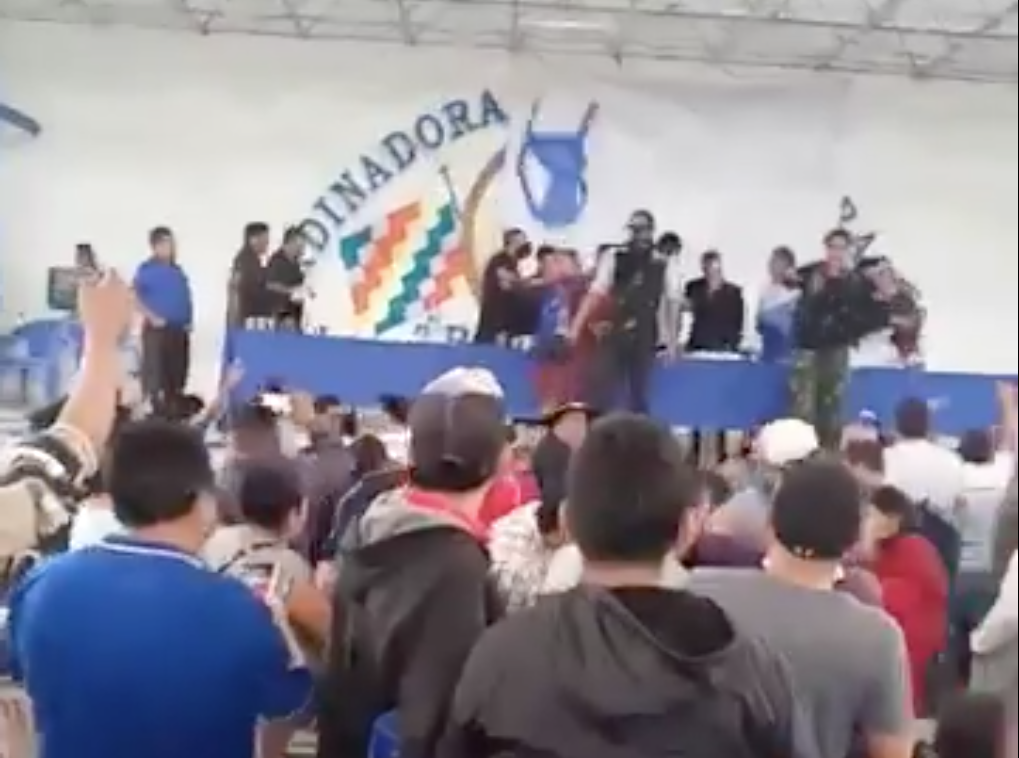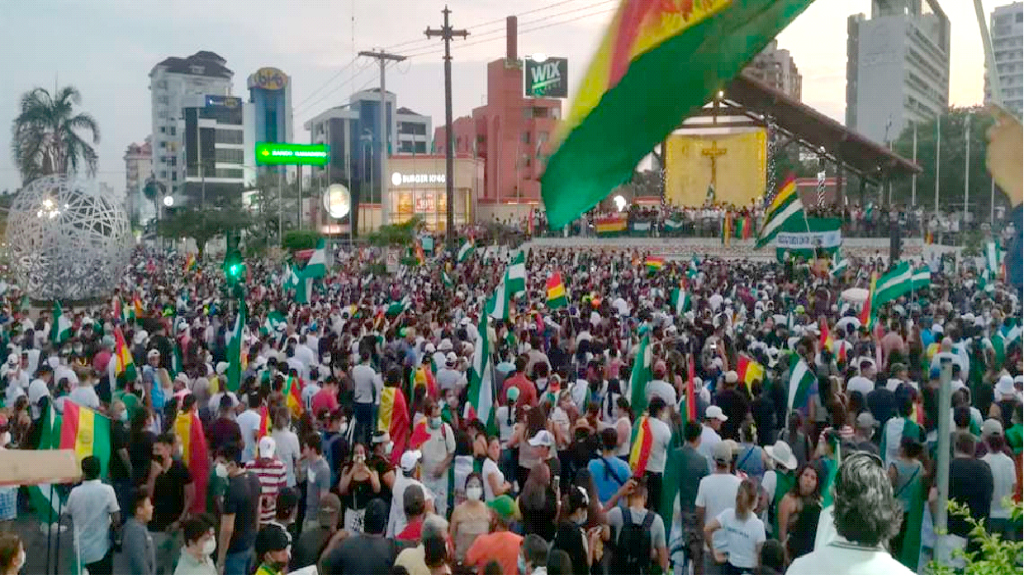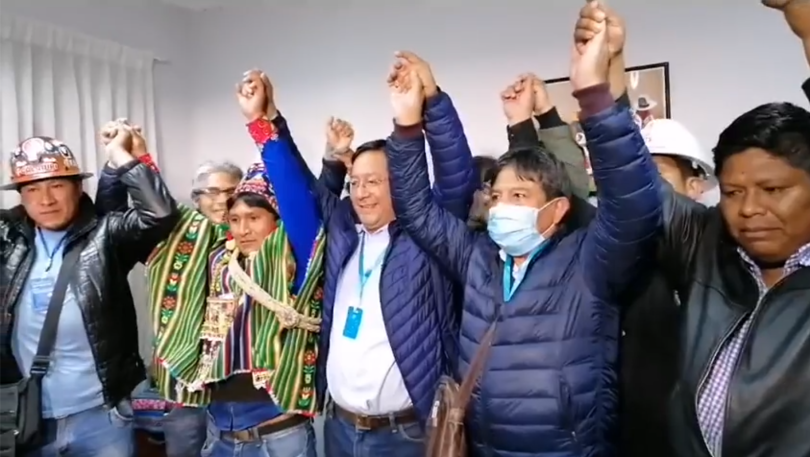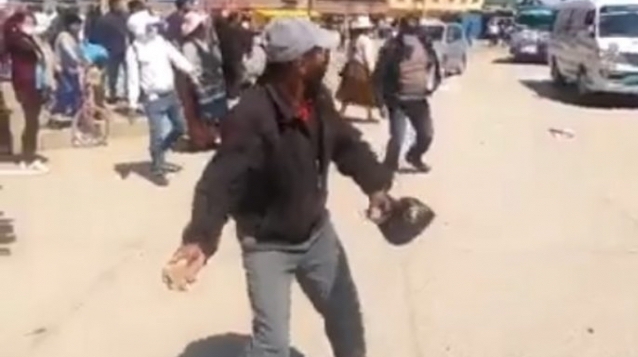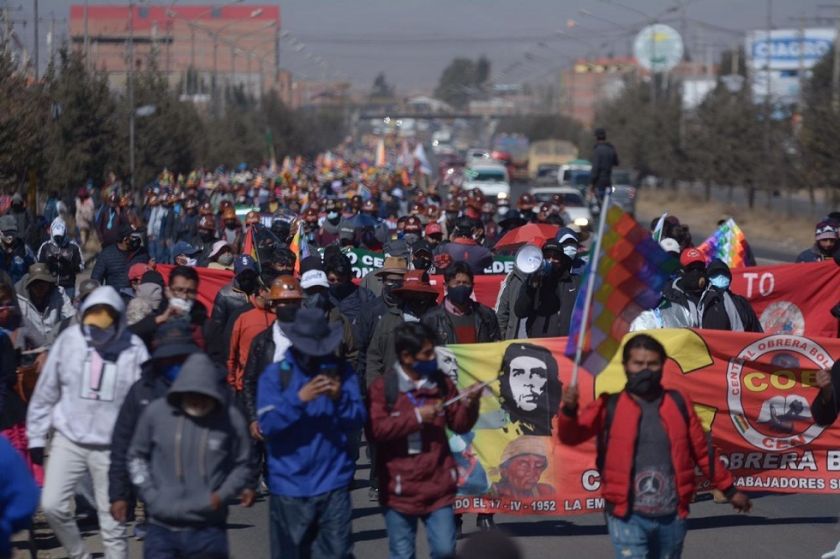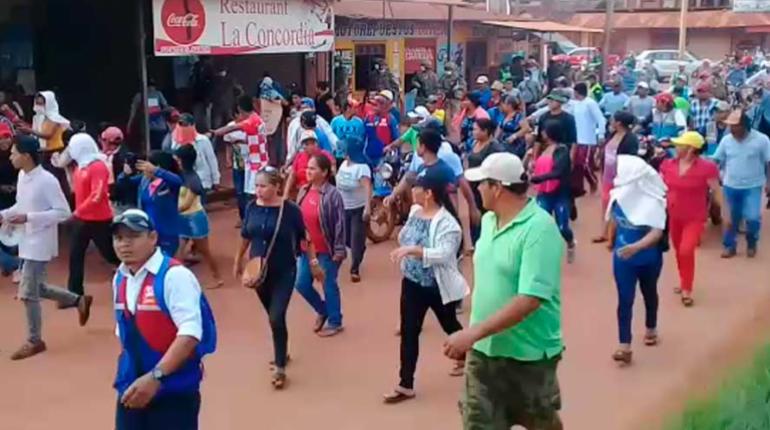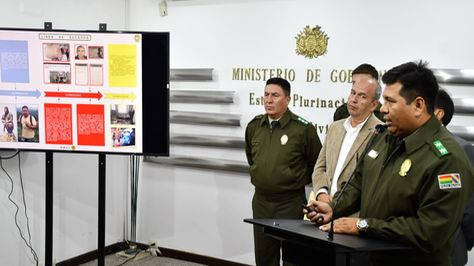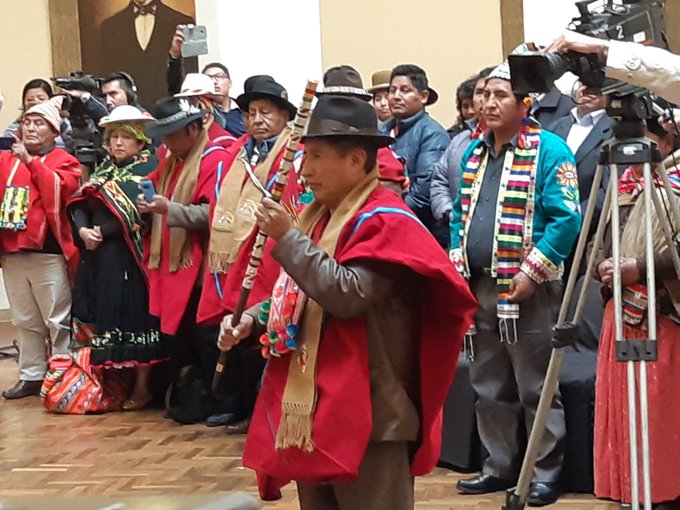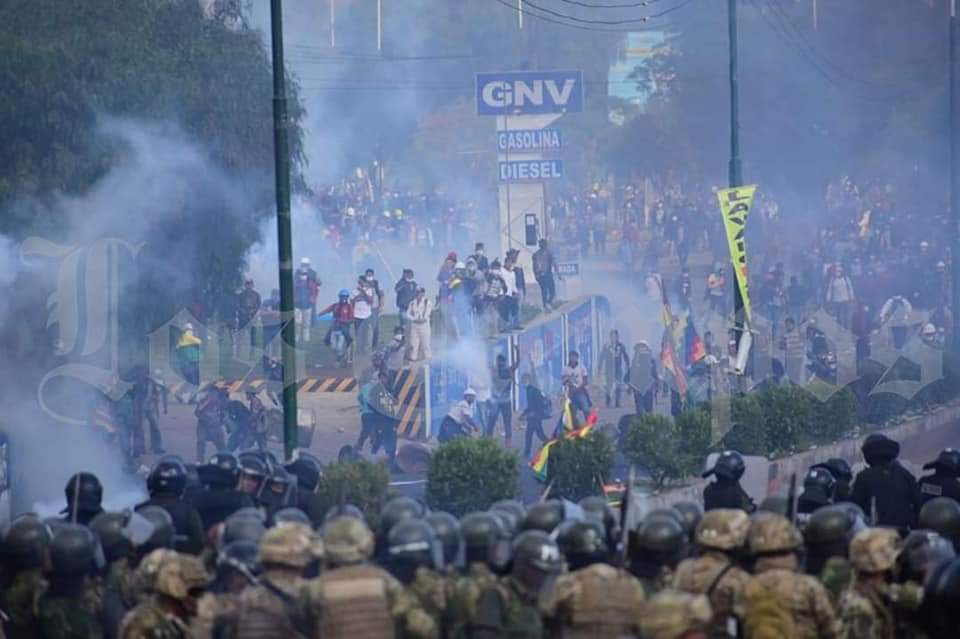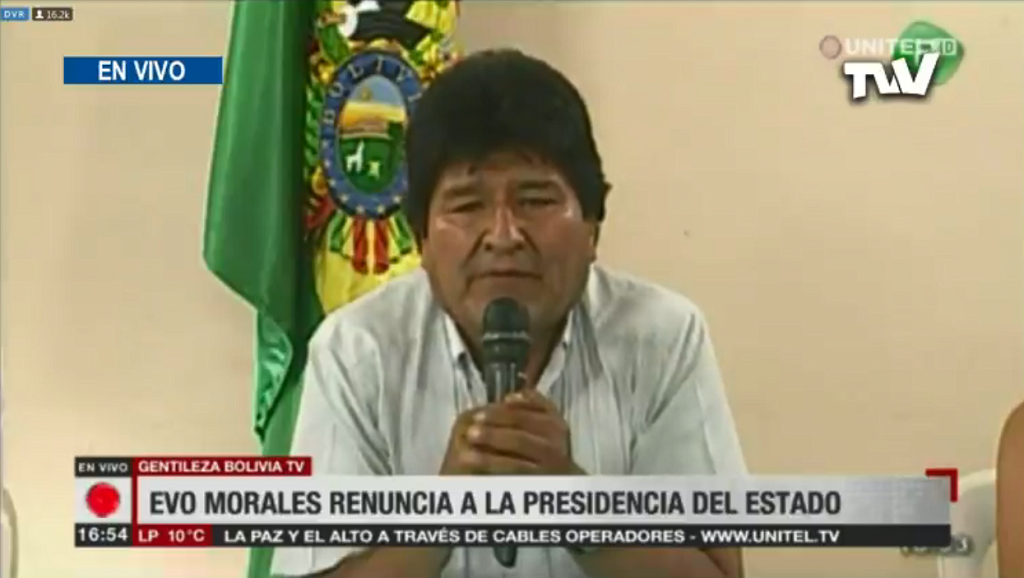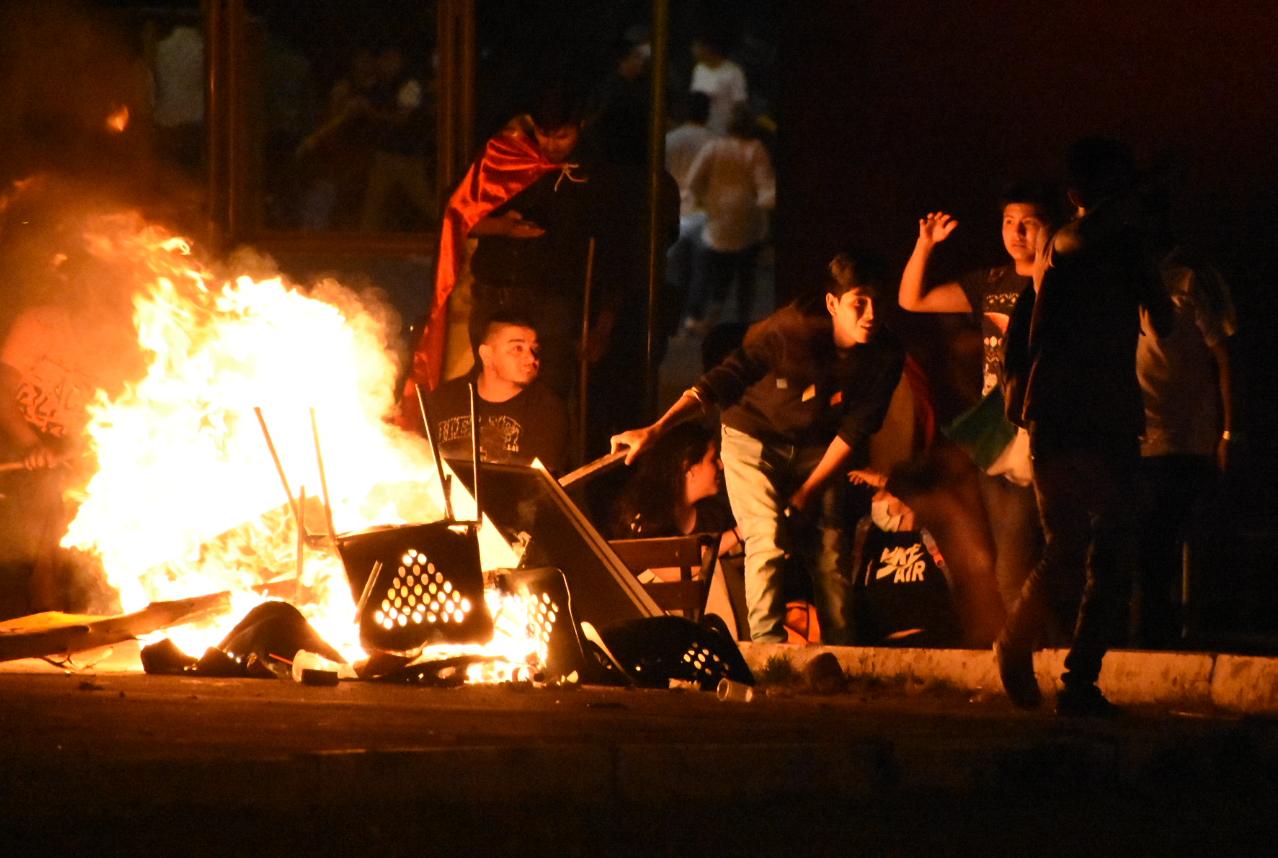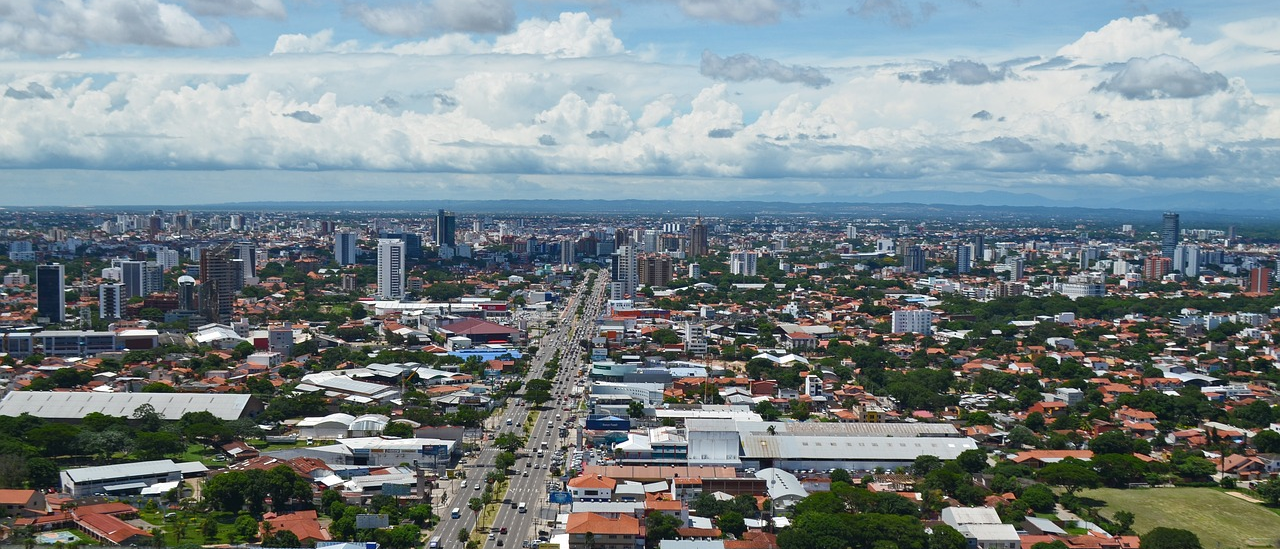
Bolivia: soy boom fuels Santa Cruz unrest
Bolivia’s eastern lowland city of Santa Cruz has been rocked by roadblocks and street clashes since an indefinite paro (civil strike) was called by right-wing opposition groups last month. With the open support Santa Cruz departmental governor Fernando Camacho, strikers are demanding that a new census be held next year rather than in 2024, as is currently scheduled. The last census was in 2012, and the region’s population has swelled with an influx of migrants since then. At issue is greater funding for the department, and more slated congressional seats ahead of the 2025 elections. Resentment against the central government is in large part driven by the designs of the region’s land barons to expand the agricultural frontier into the expansive terrains declared off-limits as protected areas, reserves for indigenous peoples, or the titled holdings of campesino communities. A boom in soy and beef for export is especially fueled by Chinese investment and market demand. (Photo: Pixabay)



